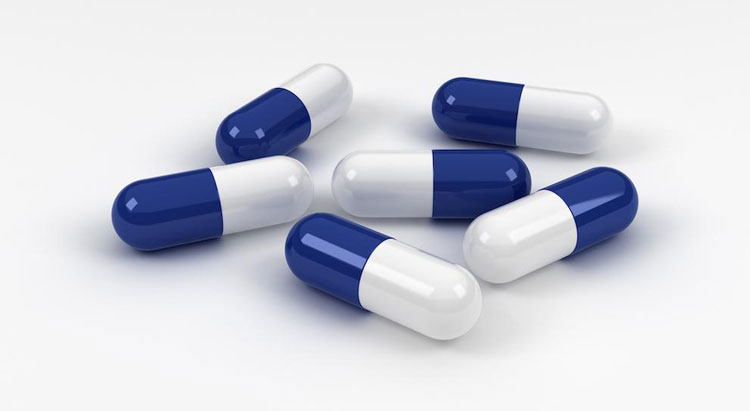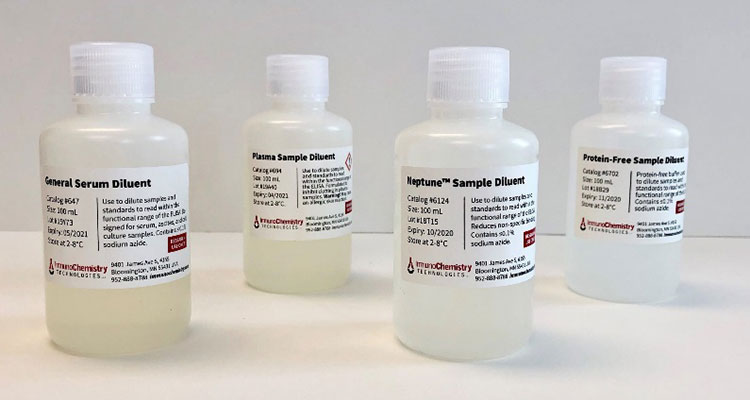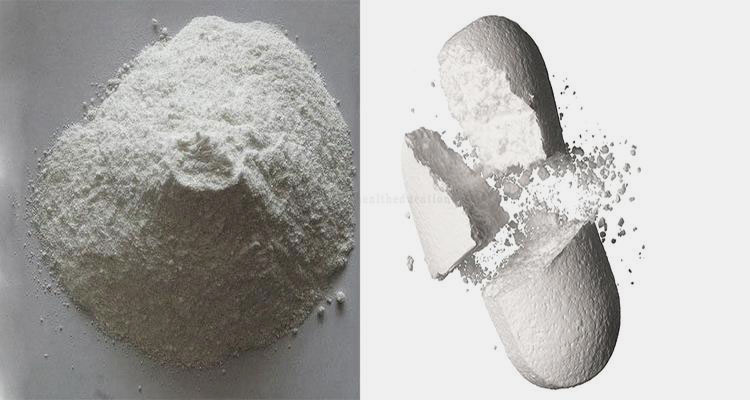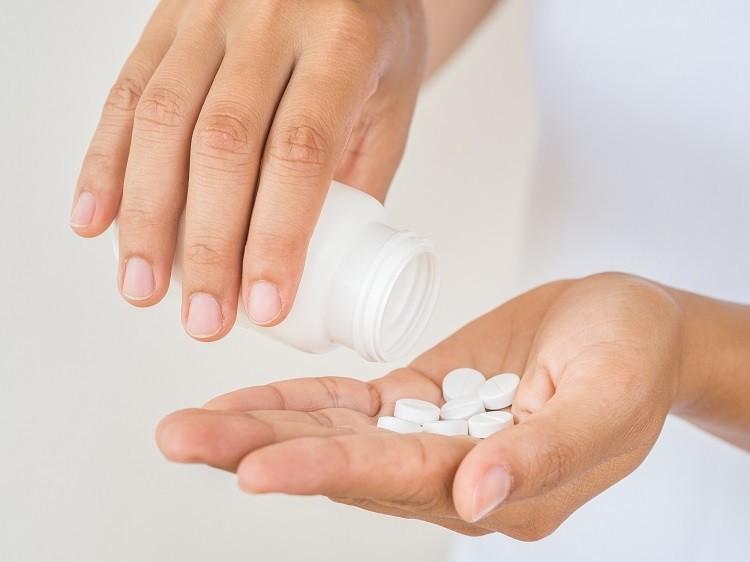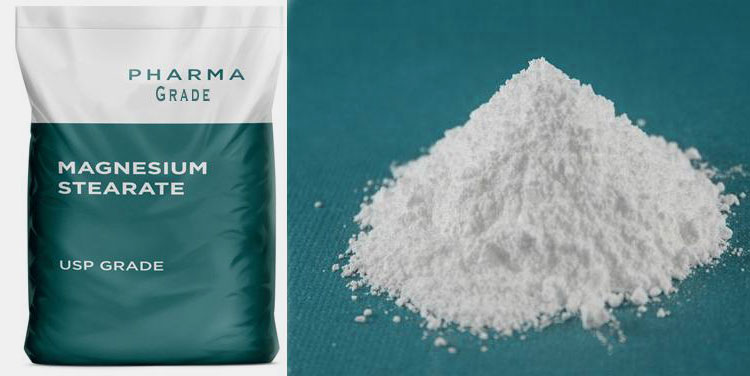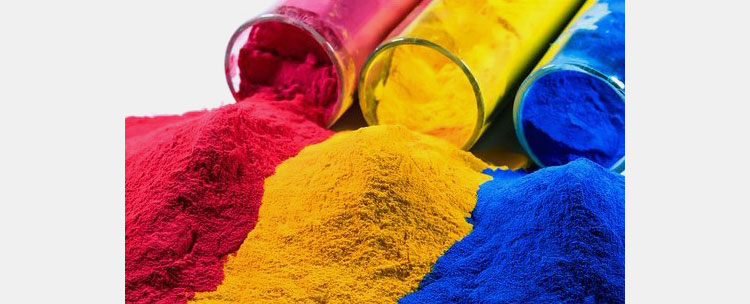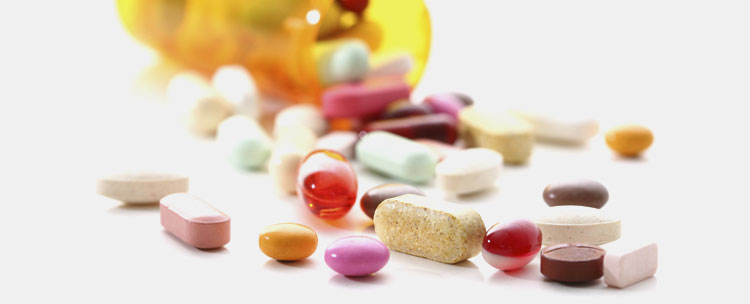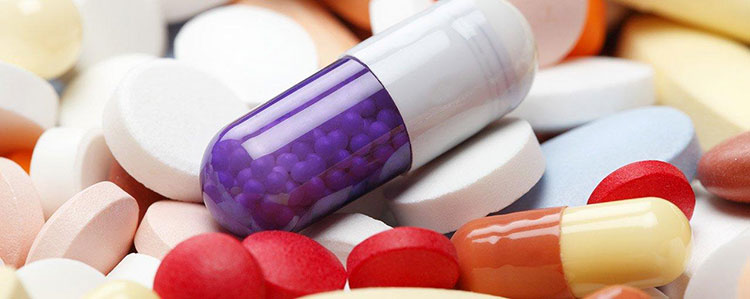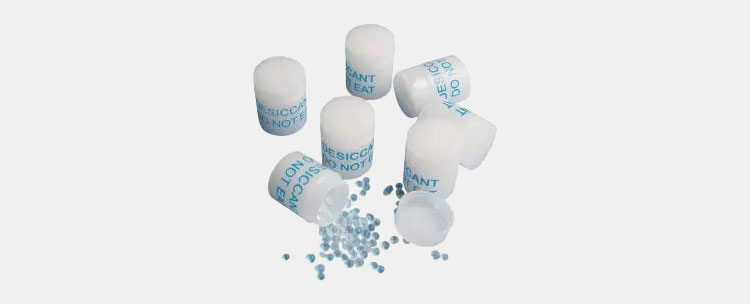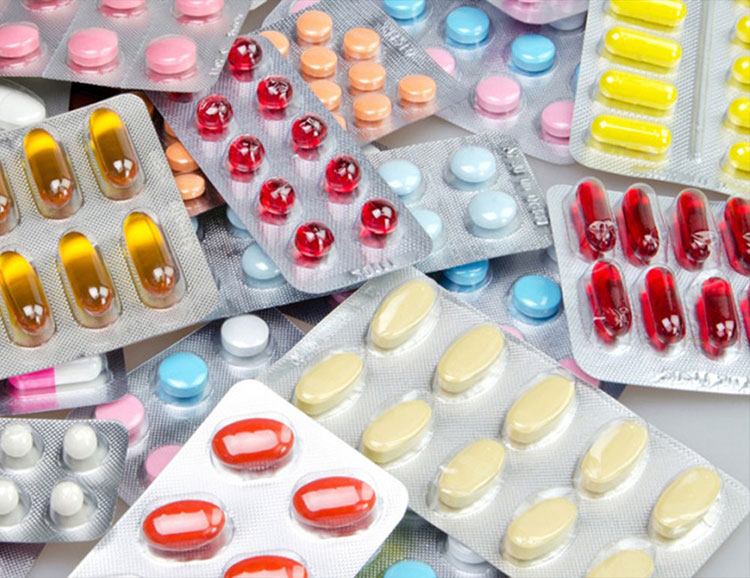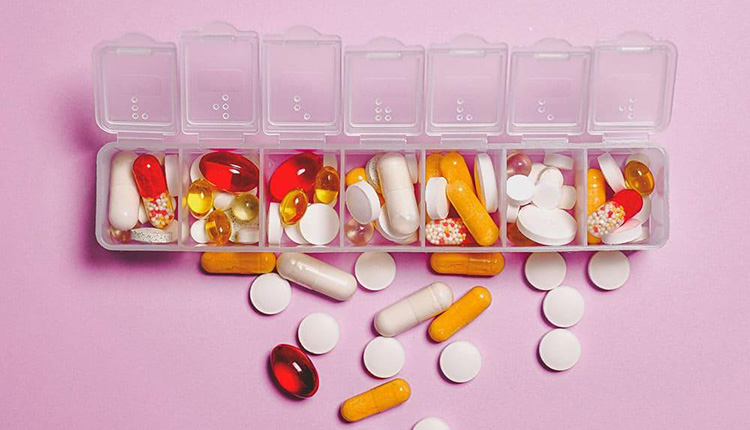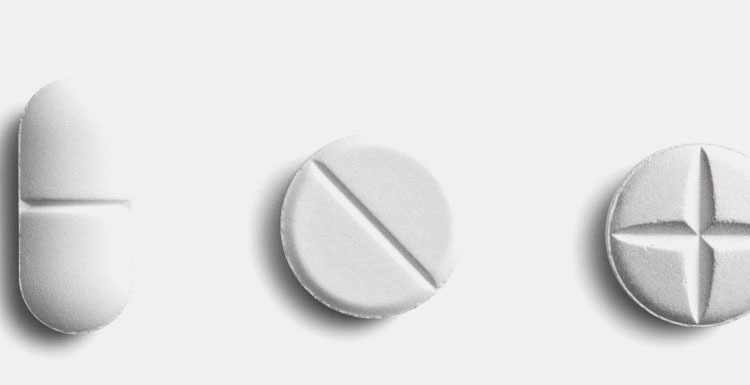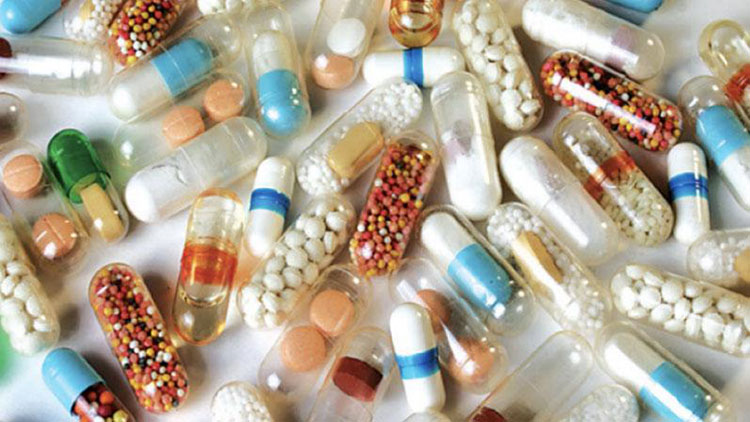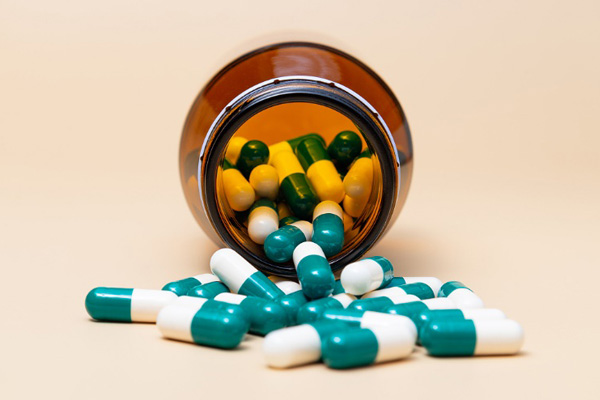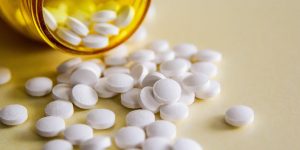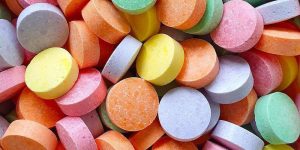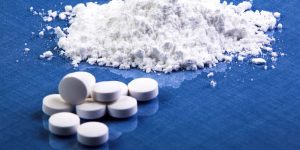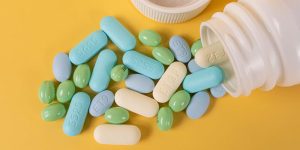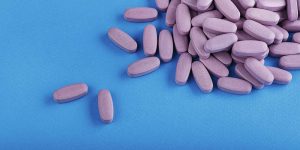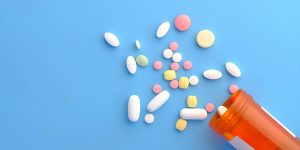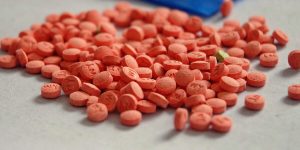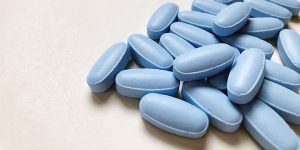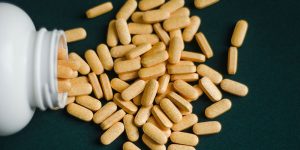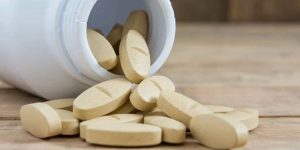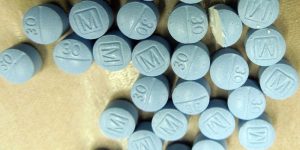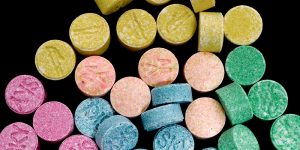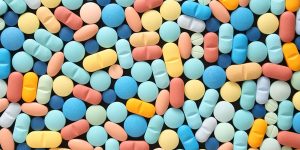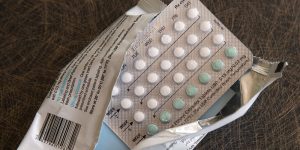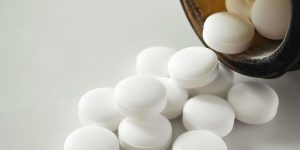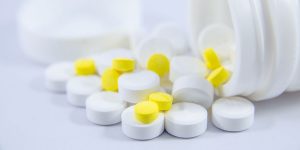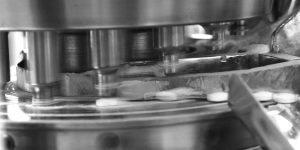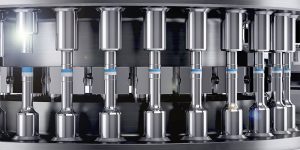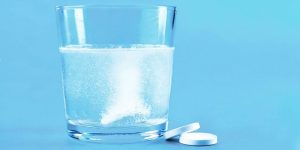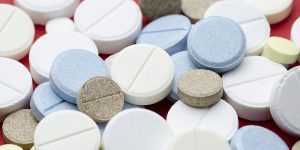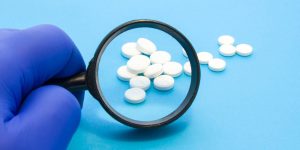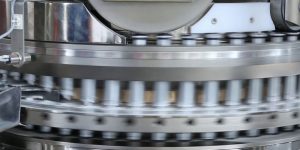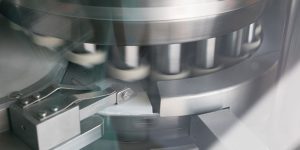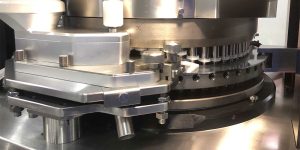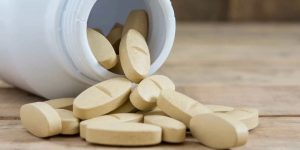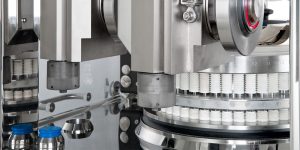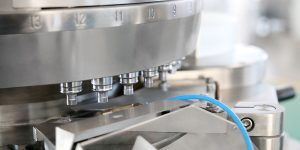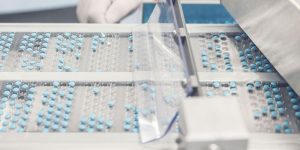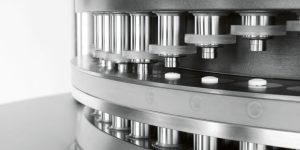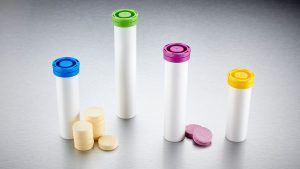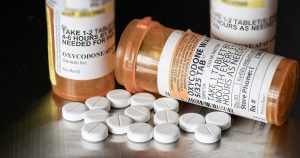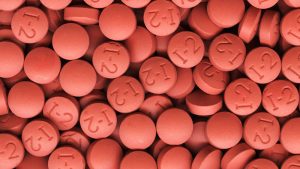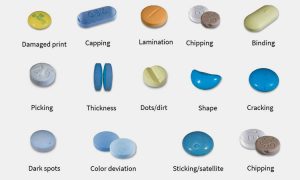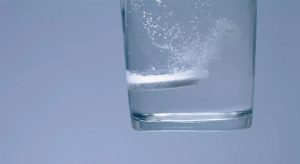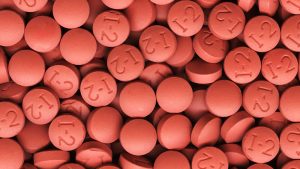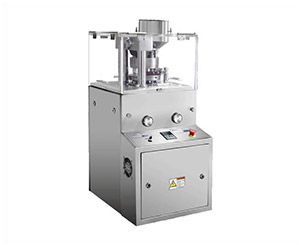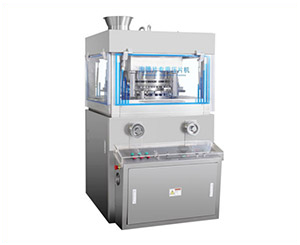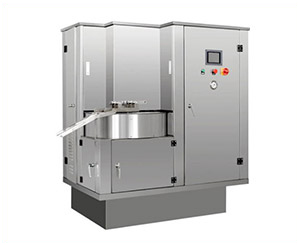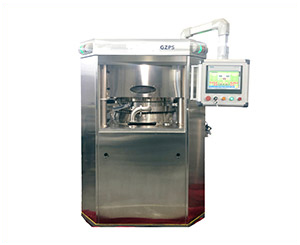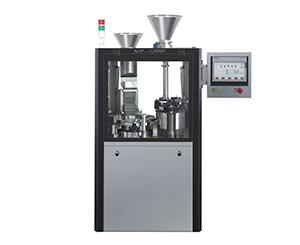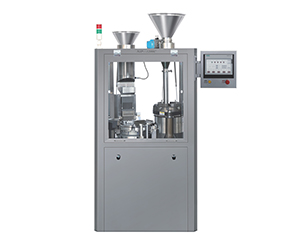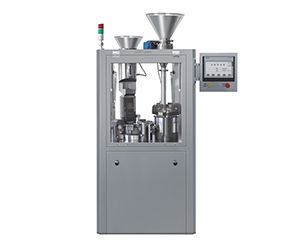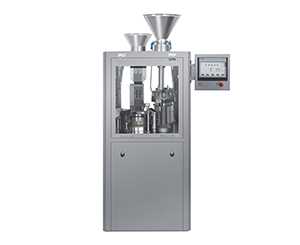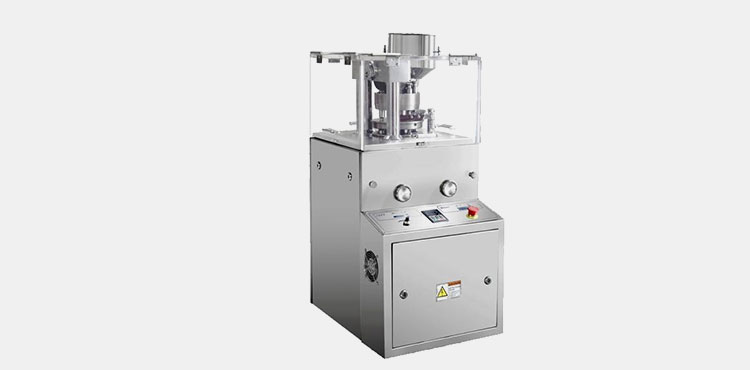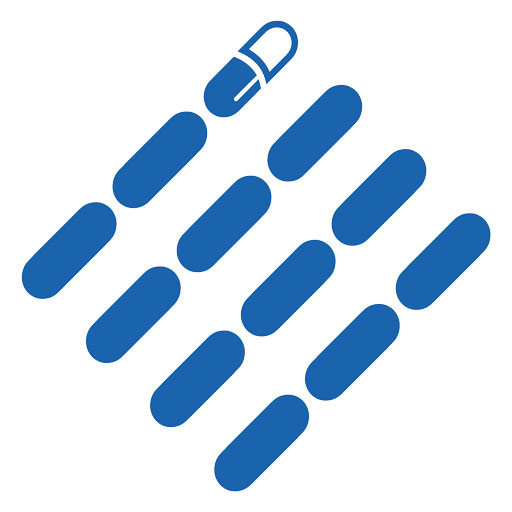Tablet VS Capsule
Generally, when it come oral medications, tablets and capsules are the most commonly used oral solid dosage forms. They simply exert their mechanism of action via gastro-intestinal tract (GIT) for particular site of absorption.
History of Tablets
The history of tablets dates back to 1500BC before that most of the medications were liquid formulations. The first pill was made in Egypt from bread dough or grease. The primitive form of tablets was grounded plant extract and formed manually into pills. With the advent of modern technology tablet preparation has advanced to totally an automatic process.
History of Capsules
Capsules came way later than tablets when in 1834 a French team consisting of Joseph Jerad and his co-workers came up with the first capsule formulation. Later on, the capsule making process was automatized in 1931 when the first automatic capsule making machine was prepared.
To choose tablet or capsule is debatable since decades. In this informative review, we tried to compare tablet and capsule and provided some useful suggestion to pick product of your choice. Here’s you may assess the benefits, limits, their comparison and much more. Let’s have a look.
Table of Contents
Ⅰ.What Is a Tablet & Capsule?

Tablet
A tablet is a solid pharmaceutical formulation containing drug dosage prepared according to certain formula along with pharmaceutical excipients. Tablets can be of varying size, weight, shape, thickness based on their projected use. The disintegration and dissolution characteristics of tablets are important aspects considered while manufacturing.
Mostly tablets are administered orally, there are other types of tablets intended for administering through different routes like buccal cavity, sublingual, and vaginal tablets. Various methods are employed to synthesize tablets usually through compressing powder and granules.
Tablets can be coated or uncoated, also containing bulking agents, binders and other excipients which are not only critical for storing and manufacturing the tablet as well as their usage.
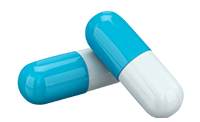
Capsule
A capsule is an enclosed dosage form where medicine is enclosed in a stable shell which enables the oral administration. This shell is broken down after ingestion and medication gets absorbed in bloodstream and distributes as well as metabolizes in a pattern like tablets.
These capsules are also known as softgel, prepared as a single piece capsule suitable for non-aqueous solution such as oils where the drug is dissolved or suspended in it. They are readily dissolvable in stomach within the matter of minutes.
Ⅱ.Tablet Vs Capsule
Physical Appearance

Tablet
Along with carrying active ingredients, some additional ingredients are also used to enhance significant shape and appearance to tablet. Tablets are available in disc, round, heart, oval and so many shapes.
Besides this, it offers many coating that enhance the texture and flavors. For instance, film coating, sugar coating, enteric coating, etc.
Some tablets are designed to give half line across them. This is because you can easily break them in half when half dose is needed.

Capsule
If you see the appearance of capsule, it looks more aesthetic than tablets. Capsules comes in hard shell as well as soft gel form.
A hard shell capsule is composed of two parts while soft shell capsule is single shell hermetically sealed. Hard shell capsules are meant to dispensed dry powders, pellet, or granules. Whereas softgel are filled with liquid medications.
Capsules are suitable for dual action or sustained release formulas. Softgel capsule appear different to hard gelatin capsule. They are generally wide and semi-transparent, and easy to digest upon ingestion.
Type Of Excipients

Tablet
Excipients refer to a part of the drug which is inactive and a non-therapeutic substance. They are integral units of the drug as they necessary for action and manufacturing of the pharmaceutical entity.
Tablets contain various types of excipient to make it acceptable, compatible, and more stable. The common pharmaceutical excipients used in tablets are:
Diluent
These excipients also known as bulking agent are added to increase the weight and size of the tablet. As their name suggests they serve to fill the space or make the weight of tablet where the only therapeutic or drug agent is not sufficient to be compressed to form a dose.
The physical and chemical properties filler is crucial to be determined according to the drug and should be hydrophilic and can be compressed easily.
Examples of fillers are lactose, mannitol, sorbitol sodium chloride and many more.
Binders
Binders are important excipients required for granulating powder thus also known as granulators. They can be natural, or synthetic used while manufacturing tablets to aid in the binding process because of their cohesive property. They ensure the integrity of the tablets.
A single type or combination of binders can be used in the manufacturing of tablets. A binder must be compatible and non-toxic. Examples include PVP (polyvinyl pyrrolidone), acacia gum, corn starch etc.
Disintegrants
They help to break the tablet in to its constituents to do their action inside the body.
There are different types of disintegrants that facilitates the breaking process in different ways, one of the examples is sodium starch glycolate that helps in breakdown by coming in contact with aqueous medium through swelling.
Glidants
Glidant is an important excipient that improves the flow of powdery substance during the process of manufacturing tablets by reducing the friction between particles as well as adhesion. Furthermore, glidants are used utilized to avoid caking of tablets. Examples of glidants used in tablets are colloidal anhydrous silicon, silica compound.
Lubricant
Lubricants work by reducing the friction during tablet formation between particles and also between particles and the surfaces they come across during the compression of tablets. They also help in prevention of sticking of powders to die. Examples of lubricants are Polyethylene glycol (PEG), lauryl sulphate salts, talc, magnesium stearate, stearic acid, glyceryl palmitostearate, hydrogenated vegetable oils etc.
Colouring Agents
Colouring agents are used to improve acceptability of tablets among consumers and aid identification as well as preventing counterfeiting. It is used to improve stability in those tablets that contains light sensitive drugs. Main examples of colouring agents are synthetic dyes and natural pigments of foods.
Coating Agent
Tablet coating is done to improve protection against environment, enhance mechanical strength and masking the taste. Thus, it may increase acceptability, good taste and easy swallowing. Coating is done to regulate the release of active ingredient. They may contain colouring and flavouring agents. The prime example of coating agents include sugar, polymers such as cellulose acetate phthalate etc.

Capsule
Capsules are compounded with specifically diluents. The quantity of excipient based on appropriate concentration to optimize the pharmacological activity. Because change in excipients may influencing the efficacy of the drug.
Diluent
Diluents are used to volume up the space and improve accuracy in of dosage formulation. Such as starch, sorbitol, mannitol etc.
Glidant
In capsule glidant is used to compact or reduce the adherence of powders to plastics. Such as magnesium stearate.
Electrostatic Neutralizer
Electrostatic neutralizer is used to control the electrical charge and prevent running up the metal. Such as, Silica gel.
Adsorbent
In capsules adsorbent are used to regulate the undergoing sorption between two chemicals. Such as Bentonite.
Flow Agent
Flow agent helps in reducing the power of stickiness of material to the surface. Such as sodium bicarbonate.
Chelating Agent
Chelating agent are used to neutralize the trace metals. Such as, EDTA.
Antioxidant
Antioxidant are used to prevent process of oxidation. Such as Ascorbic acid.
Advantages
Tablet
- Tablets are generally high stable with longer shelf life.
- A single tablet is able to hold high active dose.
- Tablet can easily split into two halves, when half dose is required.
- You can find tablets in a variety of forms, chewable, effervescent, sublingual etc, that is suitable options for those who struggle to swallow tablets.
Capsule
- Capsules are rapid acting, tasteless, and colorful dosage forms.
- Capsules are tampered resistant but can’t be split or solubilized like tablets.
- They offer high level of bioavailability than tablets.
- They are absorbed in bloodstreams more readily and effectively.
- You can encapsulate your desired ingredient by using hard-shell capsule. Hence, they are more approachable for customized usage.
Disadvantages
Tablet
- They are prone to cause gastrointestinal tract irritation due to slow action.
- They are more likely to break or crack.
- They are less palatable most often.
Capsule
- Capsules are less durable as compared to tablets.
- They can be affected easily with humidity.
- As many capsules are prepared from animal protein (gelatin), thus it is not palatable for vegans or vegetarians.
Swallow

Tablet
Swallowing tablets can be challenging at times. The bigger size and harder nature of capsules and tablets may add to the swallowing difficulty. Most often bigger size or coated tablet get stuck in throat as insufficient moisture to get tablet slid down. Hence you always need water and modulate size tablets for easy swallowing.

Capsule
Research to find out which one is more difficult among tablets and capsules showed that capsules are more difficult to swallow because of their lighter nature than water.
Their intake with water is more difficult than tablets as they start floating on the surface.
But the answer to this question is never straightforward as it depends upon the size shape and nature of the tablet. You may find a smaller capsule easier to swallow than a big or different shaped tablet.
Absorption

Tablet
Tablets and capsules are eventually absorbed in the blood stream. The disintegration process of tablets is different for different type of tablets.
Some can be chewable and effervescent while some of the coated tablets escape the stomach fluid and get disintegrated in the small intestine.

Capsule
Most ingested capsules are observed with the same route as tablets i.e., disintegration in the stomach by gastric fluids and then absorption in blood which will lead to distribution of the drug and its metabolism eventually.
Disintegration

Tablet
Disintegration refers to the breaking up of dosage form either tablet or capsule. The disintegration time depends on several factors mainly the ingredients including the excipients used in the manufacturing process.
The disintegration and release of tablets compared to capsules is much worse because there are more excipients added for processing of tablets such as for their compression etc. the coated tablets are even difficult to disintegrate as compared to the uncoated or effervescent tablets.

Capsule
The capsules and uncoated tablets are considered to have same level of release and efficacy. An elastic capsule has capability to dissolve faster than commercially tablets specially coated tablets. Although its mainly depends upon type of coated employed in capsule and tablets.
Safety

Tablet
Any therapeutic drug has its pros and cons, it comes with relieving pain and suffering due to one illness often can lead to cause side effects.
Tablets constitute of more ingredients as compared to capsules thus posing a higher risk of allergies and reactions due to them.

Capsule
Whereas a hard-shelled capsule has less additives while a soft-shelled or simply soft gel capsule is having major risk due to a greater number of ingredients used to make the formulation.
III.Tablet VS Capsule- Which Is more popular among people?
Selecting a dosage form is critical in many ways for consumers. It’s important that a dosage form is easy to take for elderlies as well as kids. The consumer survey from year 2002 to 2009 showed increased preference of soft gel and gel cap capsules over tablets and chewable.
The preference of capsules over tablets is mainly owed to encapsulation of the drug thus masking the odour or any bad taste of the constituents which makes it more attractable for the consumers. Even if its cost more the consumers are willing to pay for their preferred dosage form or easily ingested form.
Tablets with food colours and sweeteners can attract consumers and boost their consumption which in the past years’ capsules have gotten more due to their attractable features such as colour and texture.
IV. Tablet VS Capsule- What Is Cost Effective Mode of Solid Dosage Form?
Pharmaceutical industry is growing by leaps and bounds and thus the cost coming with automation and technology is causing an increase in research and market cost of the products.
Well, you cannot objectively say that one dosage form is more cost effective than another one because the circumstances define the nature of usage and the cost incurred.
Therefore, lets discuss the factors instead that make tablets or capsule cheaper.
The factors that govern the cost include API’s, steps involved in formulation and the ingredients. In other words, the research cost and the production cost sum up to a huge amount. So, it’s important to consider these factors while evaluating the cost.
- When you consider only a single unit of either dosage forms generally, tablets with all the excipients usually are cheaper than capsules because the shell of a capsule drastically tilt the scales in tablets’ factor. Shells are the single most expensive part of a capsule.
- Also, the nature of API and the doses available increase or decrease the cost of a dosage form for example in some dose’s doxycycline tablets are cheaper than doxycycline capsules.
- Tablets are preferred where bulk production is desired and a specific feature which only tablets can provide for instance you can break a film coated tablet into two halves and consume both of them at different time.
- Capsules have a strong case when manufacturing processes and equipment are involved. Capsule manufacturing is a relatively easier process and requires less time as compared to tablets where equipment cost, labour cost and more complexity leads to higher production cost.
- Capsule manufacturing needs less equipment, also one machine can fill dozens of capsules at one instant. Tablet coating and addition of necessary excipients is a time consuming and labour-intensive process. Mostly in research capsules are preferred which lessens the cost associated with production of dosage form.
Conclusion
Tablets and capsules are the common line of solid dosage forms. Although their purpose is same but possessing some minor differences, that are definitely worth considering.
We have tried to shed light on important aspects of tablets and capsules and gave a comparison that can help you understand the importance of both dosage forms and their relative use in pharmaceutical industry. If you have some health concerns do not hesitate to communicate physician, pharmacist or health professionals.
Don't forget to share this post!
Tablet Press Machine Related Posts
Tablet Press Machine Related Products
Tablet Press Machine Related Videos
CONTACT US
Tell us your raw material and project budget to get quotations within 24 hours.
WhatsApp Us: +86 181 6426 8586

Want the best price & newest pharmaceutical machinery buying guide,tips and trends sent straightly to your box?Sign up for AIPAK’s monthly newsletter,we’re free for your consultation and Offer you the most suitable solutions!
The Buyer's Guide
- Capsule Filling Buyer's Guide
- Blister Packaging Buyer's Guide
- Tablet Counting Buyer's Guide
- Tube Filling Buyer's Guide
- Cartoning Buyer's Guide
- Gummy Making Buyer's Guide
- CO2 Extraction Buyer's Guide
- Empty Capsules Buyer's Guide
- Suppository Filling Buyer's Guide
- Tablet Coating Buyer's Guide
- Tablet Press Buyer's Guide
- Softgel Encapsulation Buyer's Guide
Most Popular
- 7 Importance Of Pharmaceutical Packaging In Different Applications You Must Know
- 6 Advantages You Must Know About Tablet Counting Machine
- 8 Advantages of Blister Packaging You Must Know
- 6 Critical Applications of Automatic Capsule Filling Machine
- 6 Stations You must Know to Improve the Filling Quality of Automatic Capsule Filling Machine
Tell us your material or budget,we'll reply you ASAP within 24 hours


